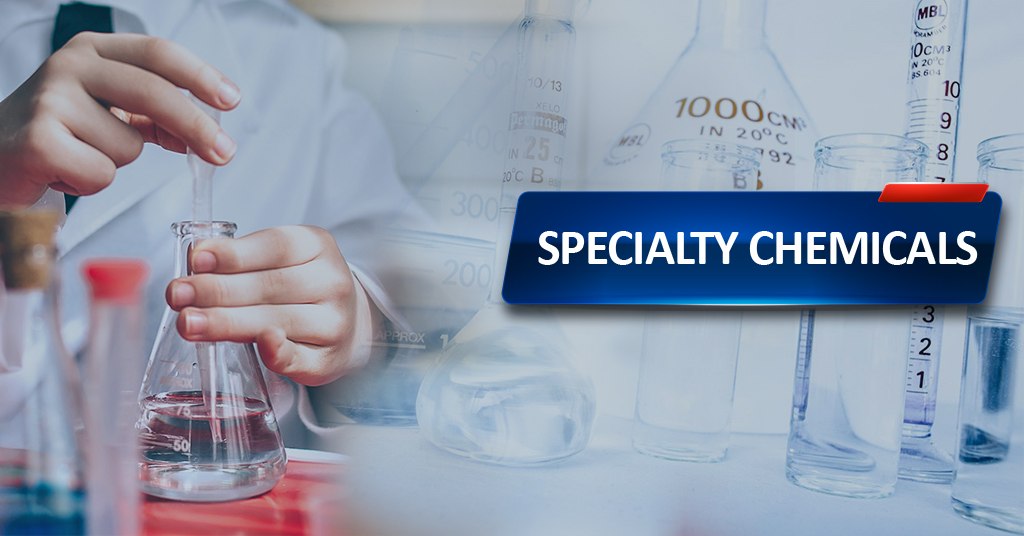Welcome To ChemAnalyst

South Korea: South Korea plans to drastically reduce its reliance on Chinese minerals by 2030. In a meeting between government representatives and leaders of major automakers and secondary battery producers, such as Hyundai Motor Co., Samsung SDI, LG Energy Solution and SK, it was announced that the current 80 percent dependence on China for Lithium, Nickel and Graphite will be cut to 50 percent by 2030. This will be achieved through long-term stable mineral supply chains with 30 resource-rich countries around the world.
The Inflation Reduction Act (IRA), signed into law by U.S President Joe Biden last August, seeks to diversify the country's mineral sources and exclude electric vehicle batteries made of Chinese minerals from tax incentives. This plan aims to make sure that America's resources are diverse and up to date in order to remain competitive in the global market.
The South Korean Ministry announced plans to select 33 minerals as key strategic items and designated 30 countries to provide a reliable supply of these minerals. To further stabilize the access to these essential minerals, the ministry will support private companies in investing in mining projects and signing long-term supply contracts with related firms in those countries.
The government has announced that a tax credit for investments in exploring natural resources abroad will be reinstated. This comes after the tax credit was abolished in 2013. Moreover, should any exploration projects fail, losses incurred by investors may be recognized as expenses which could lead to a reduction in their corporate tax.
South Korea is working to strengthen its ties with international bodies like the U.S.-led Mineral Security Partnership and the International Energy Agency in order to give their domestic businesses a shot at overseas mineral exploration projects. This country's government is determined to make sure that their electric vehicle battery makers have access to a stable supply of those ten essential minerals, such as Lithium, Nickel, Graphite and rare earths.
The country is faced with a critical situation, as it seeks to remain competitive in the competition for strategic minerals. To do so, officials and businesspeople are looking towards lessening their reliance on China, considering the intensifying geopolitical struggle between them and the United States. Action must be taken to ensure that the nation can survive in this highly contested atmosphere.
South Korea currently imports many materials that are essential for electric vehicle (EV) battery production, including 84% of Lithium Hydroxide, 69% of Cobalt Hydroxide, and 72% of natural Graphite from China. Considering this situation, the government has taken steps to restructure the state-run Korea Mine Rehabilitation and Mineral Resources Corp., in order to more actively pursue overseas resource exploration projects.
The government of is planning to significantly increase its reserves of core minerals. The initiative calls for rare minerals held in reserve to be raised from 54 days to 100 days’ worth of supply. To facilitate this change, the industry ministry is working on setting up the necessary storage facilities at the Saemangeum industrial complex.
We use cookies to deliver the best possible experience on our website. To learn more, visit our Privacy Policy. By continuing to use this site or by closing this box, you consent to our use of cookies. More info.
